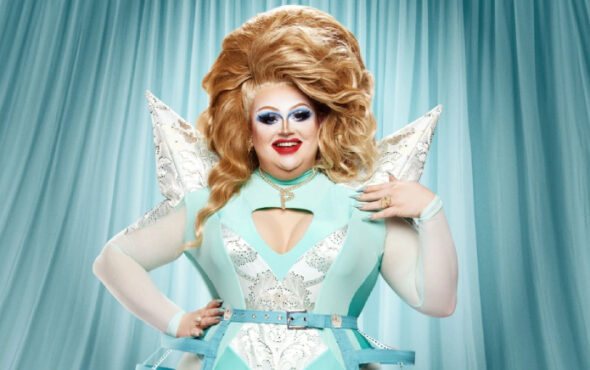Historic England is objecting to the proposed statue.
A proposed statue of gay mathematician and codebreaker Alan Turing at the site of his former college, King’s College Cambridge, is facing a backlash as it “would be at odds with the existing character of the college.”
The claims come from Historic England, according to The Telegraph. The group added that the statue might impact on the “striking collection of historic buildings within a sweeping landscape.”
Claire Campbell, a spokesperson for the group, said: “We recognise that the proposal would deliver some enhancement to the significance of the King’s College through the introduction of a sculpture by a renowned contemporary sculptor and the visible commemoration of Turing. These could also be considered as public benefits.”
Sadly, there was a ‘but’ as she continued, saying: “This would result in harm, of a less than substantial nature, to the significance of the listed buildings and landscape, and by extension the conservation area.”
In a statement, Sir Anthony Gormley, who had been commissioned to make the sculpture, which is set to overlook the college’s chapel and be made up of 19 steel slabs, said: “In honouring Alan Turing and reflecting on his remarkable contribution to the way we live now I do not want to make a statue but the very best sculpture that I can make.
“Turing was someone who had a strong moral sense and his personal life was extremely difficult. He was someone who had a remarkable way of making decisions unaffected by emotional bias but at the same time was highly emotional himself.”
Turing was best known for helping in the effort to crack the German Enigma codes, something which is credited with bringing World War II to end years earlier than expected. Turing is also widely credited as the grandfather of modern computing.
However, due to his sexuality, he was chemically castrated and barred from working for GCHQ, and eventually driven to suicide.
Since the advancement of LGBTQ rights, Turing has gained his rightful place in LGBTQ history and had his accomplishments widely recognised.
A law which pardoned thousands of gay and bisexual men who were convicted under now-abolished anti-LGBTQ offences was named in his honour, and Turing himself was royally pardoned in 2013.



